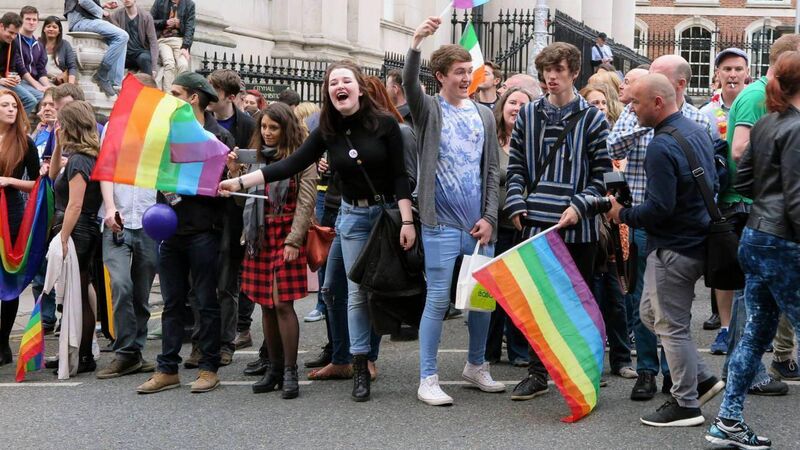Brian Tobin: Demise of civil partnership an unfortunate consequence of marriage equality

Ireland’s hurried 'divorce' from civil partnership is somewhat lamentable, albeit constitutionally mandated post-marriage equality.
Recently, there have been numerous calls to extend the definition of the family in Article 41 of the Constitution beyond married family units.
The trend began earlier this year when members of the Citizens' Assembly voted overwhelmingly in favour of changing Article 41 so that the provision would finally "protect private and family life, with the protection afforded to the family not limited to the marital family".
















